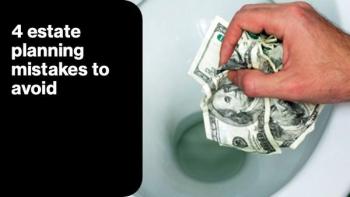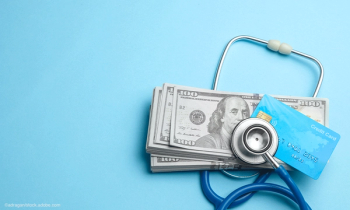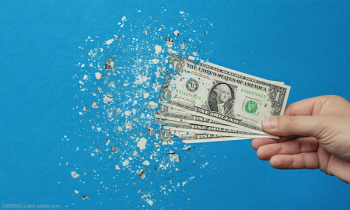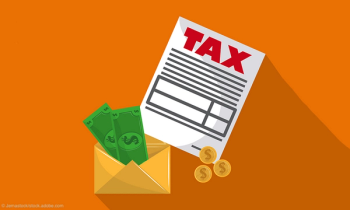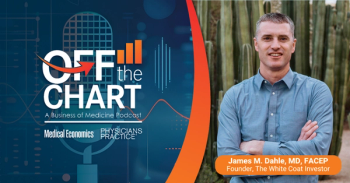
Physicians Should Protect Credit Like Any Other Asset
Despite higher than average incomes and education one asset that physicians surprisingly often fail to protect is their credit.
I've discussed the importance of protecting your identity and financial information, including regularly checking your credit, in a number of articles. The context of many of those articles was protecting your credit against outside exposures like identity theft and fraud, but when it comes to credit many Americans are their own worst enemies. I spoke about this recently with David Grosse, President of DebtReductionStore.com, a national debt reduction and credit-rehabilitation company and he shared some interesting insights. Most people get three basic levels of credit:
• Bad Credit. You can't get any credit to buy things you want, or even need in some cases. You are limited to cash or usurious interest rates in any major purchase. This means, for instance, that you can only buy an old, junker car for cash or from a gypsy car lot that's overpriced and has very high payments. This limits your mobility in other ways as well, as credit cards are often required for things like towing, airline tickets, and rental cars.
• Mediocre Credit. You can get credit in limited amounts at higher interest rates. You are limited in the amount of credit you can get and the rates you pay add a substantial cost and liability to any purchase you do make.
• Good Credit. You can reasonably be approved for purchases at commercially competitive rates and have access to major purchases of your choosing. Average "good credit" rates for credit card debt are just below 15 percent, bad or mediocre credit can cost double that, "At 30 percent someone carrying $5,000 in credit card debt and making the minimum payment will end up paying back over $132,000 (that's not a typo) and will take over 30 years to do so" according to a recent article at
Hidden effects of bad credit
Unfortunately understanding how credit is rated ignores many of the hidden costs of bad credit. Grosse explained that in his view, the currency of many Americans is in fact debt, or rather the ability to acquire and predictably service it. Debt touches nearly every facet of our lives in quiet ways, and the use of your credit score, beyond the things you authorize it to be used for, is growing every day.
• Car insurance. Auto insurance carriers have incorporated your credit score into the magic algorithm that spits out your rates; low scores mean higher premiums, presumably because you are generally irresponsible. According to one report at
• Homeowner's insurance. As mentioned above, credit worthiness factors in to your premiums. According to the National Association of Insurance Commissioners, 95 percent of auto insurers and 85 percent of home insurers factor your credit into determining your rates.
• Employment opportunities. Many employers now routinely pull your credit score as part of their hiring process. Reasons cited include determining the level of your financial responsibility and acumen, your trustworthiness, and as an indicator of future financial-related misconduct. Of course, not being accepted for a top-paying job as a result of a credit issue has a more immediate and tangible cost in a reduced salary as well.
• Cash flow and the ability to accumulate wealth. Simply put, with poor credit you will potentially make less money and pay more for everything you ever buy, that you don't pay cash for. In some cases you may end up paying double for the same item than someone with better credit; who can make the purchase for the same term, at a lower rate of interest. Or more likely, you might have to buy something that is less than what you wanted because of the cost of poor credit. So, a $20,000 auto loan at the rate you get with an 800-plus credit score might have a payment of $465, while the same loan at the rate paid with a 500 credit score would cost nearly $200 more per month as illustrated in a
The first step is checking your credit so you know what your score is and are sure it is accurate.
Newsletter
Optimize your practice with the Physicians Practice newsletter, offering management pearls, leadership tips, and business strategies tailored for practice administrators and physicians of any specialty.

